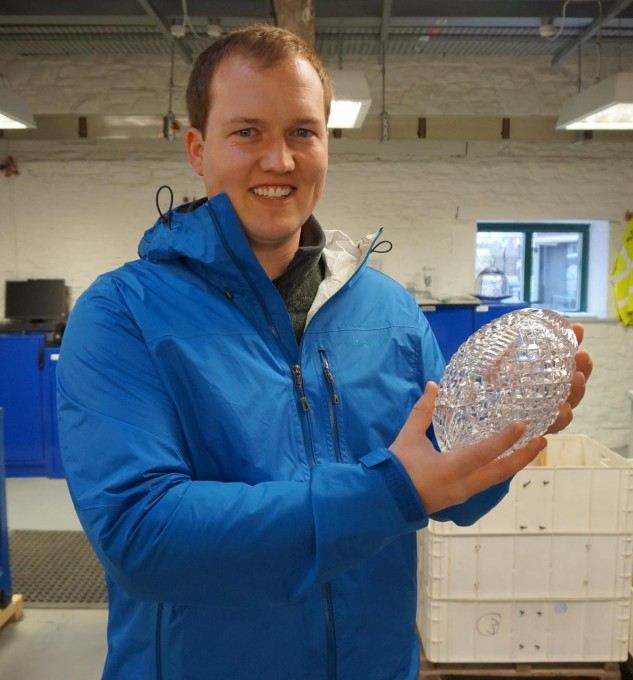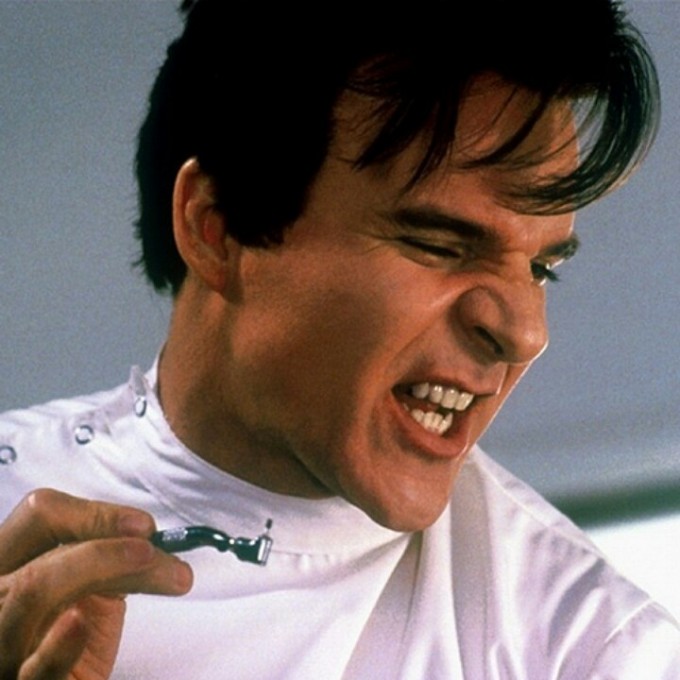falling head over heels
It must be a full moon, because I've recently had three or four cases of young patients falling and causing a fair amount of dental trauma. This beautiful young woman was very happy that we could get her smile back!


On 9/5/2016 at 4:23 pm, Ross Enfinger said...Looks great. What material?It must be a full moon, because I've recently had three or four cases of young patients falling and causing a fair amount of dental trauma. This beautiful young woman was very happy that we could get her smile back!
Very nice outcome Ross. She's lucky she called you office! I am guessing pulp exposure on #9 from photo? Was endo done?
Also, although the outcome is terrific, any reason why you decided to place crowns versus composite at this young age (especially for #8) and hold off on full coverage until older?
Thanks for sharing.
@John - I think this is either BL3 or BL2 MT...I'm drawing a blank on which. I did a little whitewash technique with stain and glaze to match her hypocalcifications.
@Nassim - The centrals fractured obliquely with the palatal aspect being the deepest, so there was pulp exposure on both. She's in her early twenties and wanted a durable, long-term solution and I didn't see any reason to delay the crowns.
Awesome result Ross. I remember the first time I matched hypo-calcifications the patient started crying as soon as she saw her tooth. She wanted perfection with no blemishes. I had to polish them off.
Ross. I have been noticing your work for quite some time. It's extraordinary! It's clear that you know your materials and techniques. This case highlights both of those.
I agree that full coverage, definitive restorations are the way to go instead of composites. There is no way you could get that quality of a result with any material other than porcelain without continual care. Composite just doesn't compare.
Nice Job!
JZ
You rock Ross! Great looking restorations. Did I miss it, endo was done for the pulp exposures?
This would be one of the main reasons you need to glaze using a fluorescent glaze to make sure she doesn't have "dark teeth" in a black light environment.
@Nassim - Usually I pick a block that is one or two shades brighter than the highest value I see in the adjacent teeth, but I exclude hypocalcifications from that protocol. Instead, I select a block that will match the body shade then use white stains cut with some glaze paste to create a whitewash over the areas on the restorations where I want to simulate hypocalcifications.
@Ernie - Yes, pulp exposure on both centrals, so RCT, build-ups, and crowns for both.
Ross your dental skills are impressive my friend! This case demonstrates the power of digital dentistry in real life, everyday applications. Beautiful work.
Thanks for sharing,
JG
Marvellous ...just bloody too good demonstrates high level of understanding of color and effects of light reflections to simulate natural teeth.


















